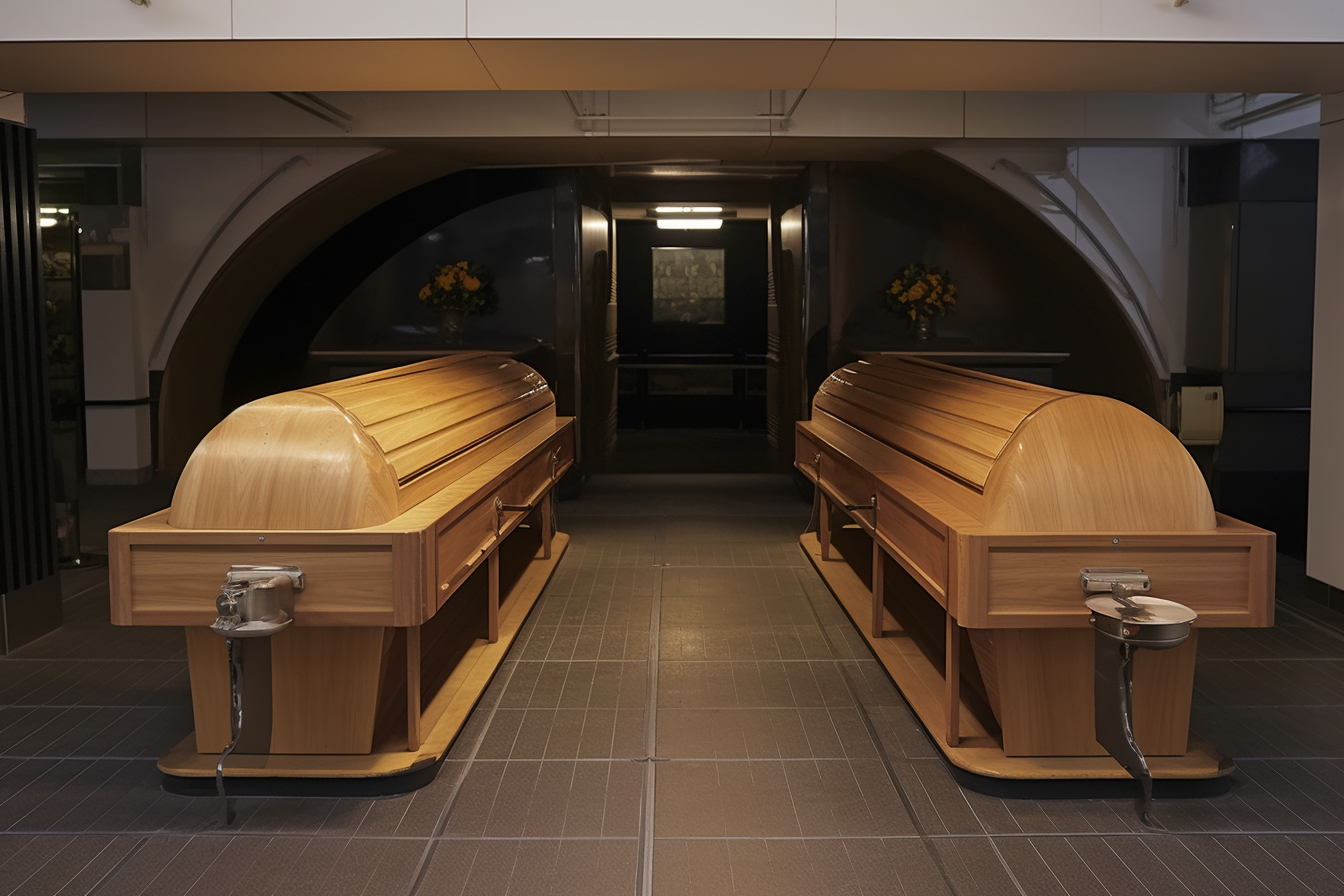What You Need to Know About Cremation in 2025: Costs and Process
Cremation has become a popular choice in 2025, yet many people still don’t fully grasp how the process works or what it entails. From the initial preparations to choosing the final memorial, modern cremation services offer more flexibility than ever before. Here’s everything families should consider before making this significant decision.

Understanding the Basic Cremation Process
The cremation process involves reducing human remains to bone fragments through high-temperature burning, typically between 1,400 to 1,800 degrees Fahrenheit. The entire process usually takes two to three hours, depending on the size of the individual. After cremation, the remaining bone fragments are processed into a fine powder, commonly referred to as cremated remains or ashes, which are then returned to the family in an urn or temporary container.
Before cremation can occur, several legal requirements must be met, including obtaining a death certificate and cremation authorization from next of kin. Many states also require a waiting period of 24 to 48 hours after death before cremation can take place. The body is typically placed in a combustible casket or container, which is consumed during the cremation process.
Cost of a Simple Cremation Breakdown
When considering cremation, understanding the various cost components helps families budget appropriately. A direct cremation, which is the most basic service, typically includes the cremation process itself, basic services of the funeral director, transportation of the deceased, and a temporary urn. This option excludes viewing services, memorial ceremonies, or elaborate caskets.
The cost of a simple cremation can vary significantly based on geographic location, with urban areas generally commanding higher prices than rural regions. Additional factors affecting pricing include the crematory facility, required permits and documentation, and any optional services families choose to include. Some providers offer package deals that bundle essential services together at a reduced rate.
Regional Cremation Prices Across Different Areas
Cremation pricing varies considerably across different regions of the United States. Metropolitan areas such as New York, Los Angeles, and Chicago typically have higher costs due to increased operational expenses and real estate prices. Conversely, smaller cities and rural areas often offer more competitive pricing for cremation services.
Geographic factors influencing cremation prices include local regulations, competition among providers, facility overhead costs, and regional economic conditions. Some states have stricter regulatory requirements that can impact overall pricing, while others maintain more streamlined processes. Families should research multiple providers in their area to compare services and pricing options.
Finding Competitive Cremation Pricing Nearby
When searching for cremation services in your local area, it’s important to compare multiple providers to ensure you receive quality service at a fair price. Many funeral homes and crematories now offer transparent pricing information online, making it easier for families to evaluate their options. Consider contacting several providers to request detailed price lists and service descriptions.
Beyond basic cremation costs, families should inquire about additional fees that might apply, such as transportation charges, permit fees, or expedited service costs. Some providers offer payment plans or financing options to help families manage expenses. Additionally, certain organizations and religious groups may offer assistance programs for those facing financial hardship.
| Service Type | Provider | Cost Estimation |
|---|---|---|
| Direct Cremation | Neptune Society | $1,295 - $1,895 |
| Basic Cremation Package | Dignity Memorial | $1,500 - $3,000 |
| Simple Cremation Service | Local Funeral Homes | $800 - $2,500 |
| Cremation with Memorial | Forest Lawn | $2,000 - $4,500 |
| Direct Cremation | Cremation Society | $695 - $1,500 |
Prices, rates, or cost estimates mentioned in this article are based on the latest available information but may change over time. Independent research is advised before making financial decisions.
Additional Services and Options Available
Many cremation providers offer additional services beyond basic cremation to help families create meaningful memorials. These options may include memorial services, celebration of life ceremonies, witness cremations where family members can be present, and various urn selections. Some facilities provide viewing rooms for final goodbyes before the cremation process.
Families can also choose from various memorialization options, such as cremation jewelry, memorial diamonds created from ashes, or scattering services in designated locations. Many providers work with families to customize services that reflect the deceased’s personality and the family’s wishes while staying within budget constraints.
Planning and Pre-Arrangement Considerations
Pre-planning cremation services can provide peace of mind for individuals and their families while potentially locking in current pricing. Many providers offer pre-need contracts that allow people to make arrangements and payments in advance. This approach can relieve emotional and financial burden from surviving family members during their time of grief.
When considering pre-arrangements, it’s important to understand contract terms, transferability if you relocate, and what happens if the provider goes out of business. Some states have regulations protecting pre-paid funeral funds, while others offer less consumer protection. Review all documentation carefully and consider consulting with a financial advisor if making substantial advance payments.
Cremation continues to evolve as a preferred choice for end-of-life arrangements, offering families flexibility, affordability, and various memorialization options. Understanding the process, associated costs, and available services enables families to make informed decisions that honor their loved ones while meeting their financial and emotional needs. By researching local providers and comparing services, families can find cremation options that provide dignity and peace of mind during challenging times.




